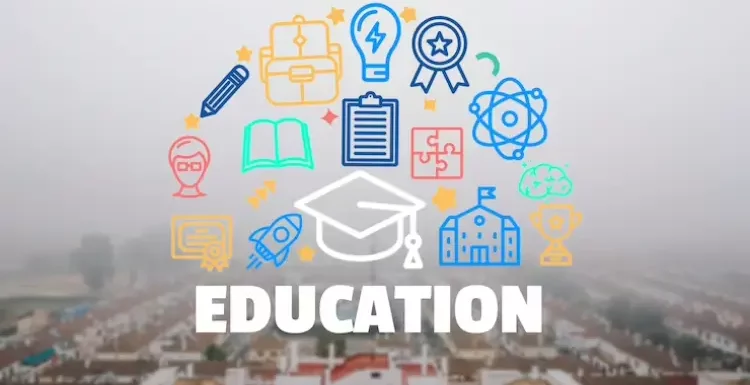
The Government of India introduced the landmark policy document known as the National Education Policy (NEP) 2020 with the intention of transforming the country’s educational system. The previous National Policy on Education, developed in 1986 and modified in 1992, has been replaced by the NEP 2020, approved by the Union Cabinet in July 2020.
The new policy addresses the challenges and opportunities of the education sector in India and aims to transform it into a more equitable, inclusive and quality-oriented system. Following is a comprehensive overview of the key aspects of the National Education Policy 2020 that will help schools and institutions to implement the necessary changes.
Curricular and Pedagogical Structure: The new educational framework follows a 5+3+3+4 structure, dividing education into four stages: 3-8, 8-11, 11-14, and 14-18 years. It promotes holistic, flexible and learner-centric education, addressing students’ diverse needs and interests—-by focusing on developing cognitive, socio-emotional and physical abilities and fostering critical thinking, creativity and multilingualism skills.
Emphasis on Foundational Literacy and Numeracy: The NEP 2020 places significant importance on foundational literacy and numeracy skills. It recognises the criticality of acquiring basic reading, writing and arithmetic skills by grade 3, aiming to create a strong educational foundation.
Early Childhood Care and Education (ECCE): The NEP 2020 policy highlights the universal access to quality early childhood care and education for all children below the age of six years. Recognising the significance of early development, the NEP 2020 aims to provide a strong foundation for children through access to quality ECCE programs.
Integration of Technology: The NEP 2020 also points out integrating technology into education to combat the digital divide and encourage technology-enabled learning. It envisions the creation of a comprehensive digital infrastructure, which would include providing broadband internet access to all colleges and universities. The policy also focuses on leveraging technology in teacher education, assessment and digital content creation.
Integration of Experiential Learning: The new framework integrates experiential learning methodologies into the curriculum. This approach emphasises hands-on, inquiry-, discovery-, discussion- and analysis-based learning methods. By incorporating experiential learning, schools can actively engage students and foster a deeper understanding and application of knowledge.
Teacher Education and Professional Development: The NEP 2020 recognises the importance of teachers and aims to improve their quality and capacity. This includes ensuring proper recruitment, training, development and support for teachers. The policy seeks to enhance the overall quality of education by enhancing teacher professionalism.
Reform of Assessment System: The policy proposes reforming the assessment system to make it more holistic, continuous, formative, competency-based and aligned with learning outcomes. This shift moves away from rote memorisation and promotes a comprehensive evaluation of students’ understanding, skills and competencies. PARAKH is the National Assessment Centre that aims to ensure standardised assessment practices and provide valuable insights into the effectiveness of the education system.
Equity and Inclusion: The NEP 2020 significantly emphasises education equity and inclusion. It aims to provide equal opportunities for all students, including those with disabilities, socioeconomically disadvantaged groups and rural students and acknowledges the diverse needs of learners. The policy calls for creating Special Education Zones and admitting children with disabilities to regular schools with sufficient support systems.
These key aspects of the National Education Policy 2020 provide a roadmap for transforming the education sector in India to align with the needs of the 21st century. Schools and institutions can use this framework and integrate innovative practices, tools and approaches to enhance the quality of education.
